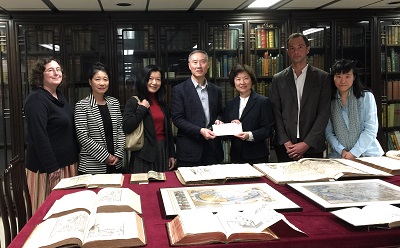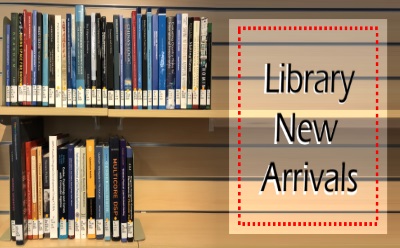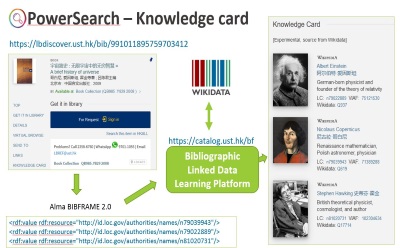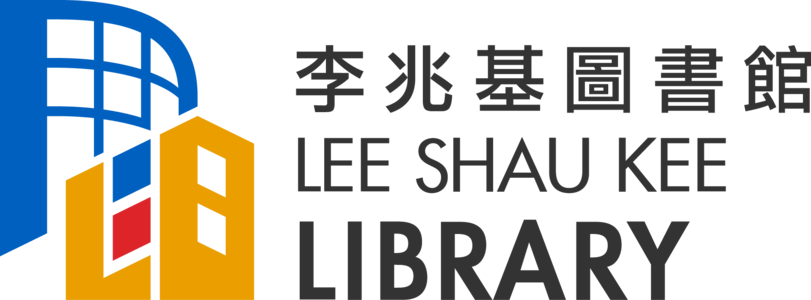To take advantage new efficiencies made possible by the new Shared ILS, HKUST Library staff worked with the JULAC Change Manager in 2017-18 to do process re-engineering in three areas: Electronic Records Management; Thesis and E-Thesis submission; and Weeding.
Electronic Records Management – (ERM) involves the ordering, acquisition, organization, and usage maintenance of the Library’s electronic resources (e-journals, databases, etc.).
Over several sessions, staff mapped out 11 different “as is” ERM work processes and then developed “should be” process maps and responsibility matrices, which improved workflow and communication for ERM.
Thesis Submission – Processing MPhil and PhD theses involves many departments and units within the Library, as well as outside the Library. The JULAC Change Manager helped the different library units work to streamline & and speed up the process of handling thesis submission.
To give an idea of the scope of the complexity, here are the stakeholders involved:
- Within the Library 6 units: Acquisitions, Adminstration, Cataloging, Circulation, Reference, & Systems.
- Within HKUST: Academic departments, PGSO, ARO, & individual students
- Outside HKUST: ProQuest, and commercial binders
Collection Weeding: this process re-engineering was a cross-departmental 6-month project. Three new workflows and responsibility matrices for Books, Journals and Media Resources took effect from January 2018.
Why weeding? The Library has reached almost maximum shelving capacity; at the same time, book and journal weeding are regular part of its collection maintenance activity.














